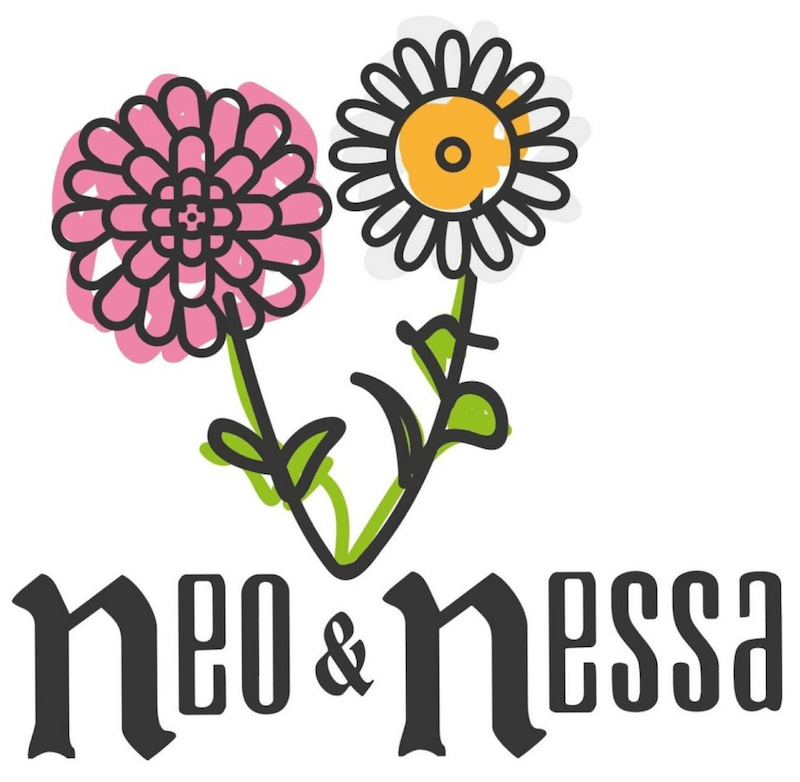Postpartum Exercise – Everything You Need To Know
What comes to mind when you think about postpartum exercise?
‘Getting your body back?’
‘Flattening your tummy?’
‘It seems like it’s a necessity but you’re not really sure why?’
In this article I am concentrating on very early postpartum so up to about 6 months after your baby has been born.
So why is postpartum exercise important?
Gentle specific exercise postpartum is useful to help build strength and tone in your body as it recovers after pregnancy and birth.
What is important when it comes to postpartum exercise?
Rest , no really, rest is the best way to allow your body to recover from the hard work of growing and birthing a baby. I don’t think it can be stressed enough. Up until fairly recently new mothers were expected and supported in having this rest – they would have had their food cooked for them, older children looked after, their houses taken care of.
Now there seems a great hurry to get into some form of exercise – even if exercise wasn’t part of your life before you were pregnant. Although you are usually given the ok to start exercising at 6 weeks it is important to remember you are thought of as early postpartum up until 12 – 18 months. During this time the most important thing for you to think about is to rest as much as you can – have support around you so you aren’t trying to deal with a toddler, a newborn, cooking and housework on top of recovering from your labour. Eat well and drinking water are the next most important.
So I shouldn’t do any exercise?
No, that isn’t true, some gentle stretching and strengthening exercises will be useful both for emotional and physical health. It’s just important to make sure that the exercise you do is with someone who has knowledge of the postpartum body and is able to tailor and modify exercise to suit you as an individual. But if you are facing the choice between doing some exercise and rest and you feel tired – you’ve been up with the baby all night for example, rest may well be the best option, especially for those early weeks. I keep reiterating this because we live in a society that makes us feel guilty for resting, we feel we need to get back into doing everything as quickly as possible and sometimes this can lead to aches and pains, low mood or putting your body under too much stress early on.
What’s the best exercise?
So you are well rested, or you just feel you would like to be doing something….. what should it be?
Hands down walking is probably what I recommend the most. It’s gentle, getting out into the fresh air is good for you and baby and it gives you the headspace to think and reflect on your role as mother.
If you can walk with your baby in a sling rather than a buggy it also has great physical and emotional benefits to your baby too. But really the best exercise is what makes you feel happy and good without causing unnecessary stress on your body.
What do I need to avoid during postpartum exercise?
Hmm, that can be a difficult one because it depends on your pre-pregnancy fitness levels, whether you had any issues during pregnancy (pelvic pain, back pain etc) and whether you are having any issues postpartum such as urine leakage, prolapse or abdominal separation.
As long as you have an exercise instructor who is trained in postpartum exercise you should be fine. But as a rule of thumb avoid overstretching, which includes spine extension exercises or dropping into deep hip stretches. Avoid jerky, bouncy movements and working on very hard surfaces .
Do I need to avoid sit ups and crunches?
No, you can do safe, modified versions of these exercises with a good breathing technique. The trick is to do small sit ups ensure you are breathing out as you are coming into the sit up and that your stomach doesn’t bulge as you are doing them – if your tummy does bulge it means you are over exerting just drop down to a smaller amount of movement.
How many kegels do I need to do?
Unless these have been prescribed by a Women’s Health Physio who has done a proper examination I would avoid these exercises. Your pelvic floor will naturally recover from birth and there is a risk that your pelvic floor will become too tight and may cause other issues. If you are suffering with prolapse or incontinence or leaking a Women’s Health Physio will be able to guide you through doing kegels so you can get the most benefit from them.
Bio
Rosie Dhoopun is an antenatal teacher, pre-and postnatal exercise teacher, movement specialist, pelvic floor restore coach, baby wearing consultant, birth art mentor and trained in a variety of postpartum support techniques. She runs courses online and in person.
Find out more: www.labyrinthofnurture.co.uk


